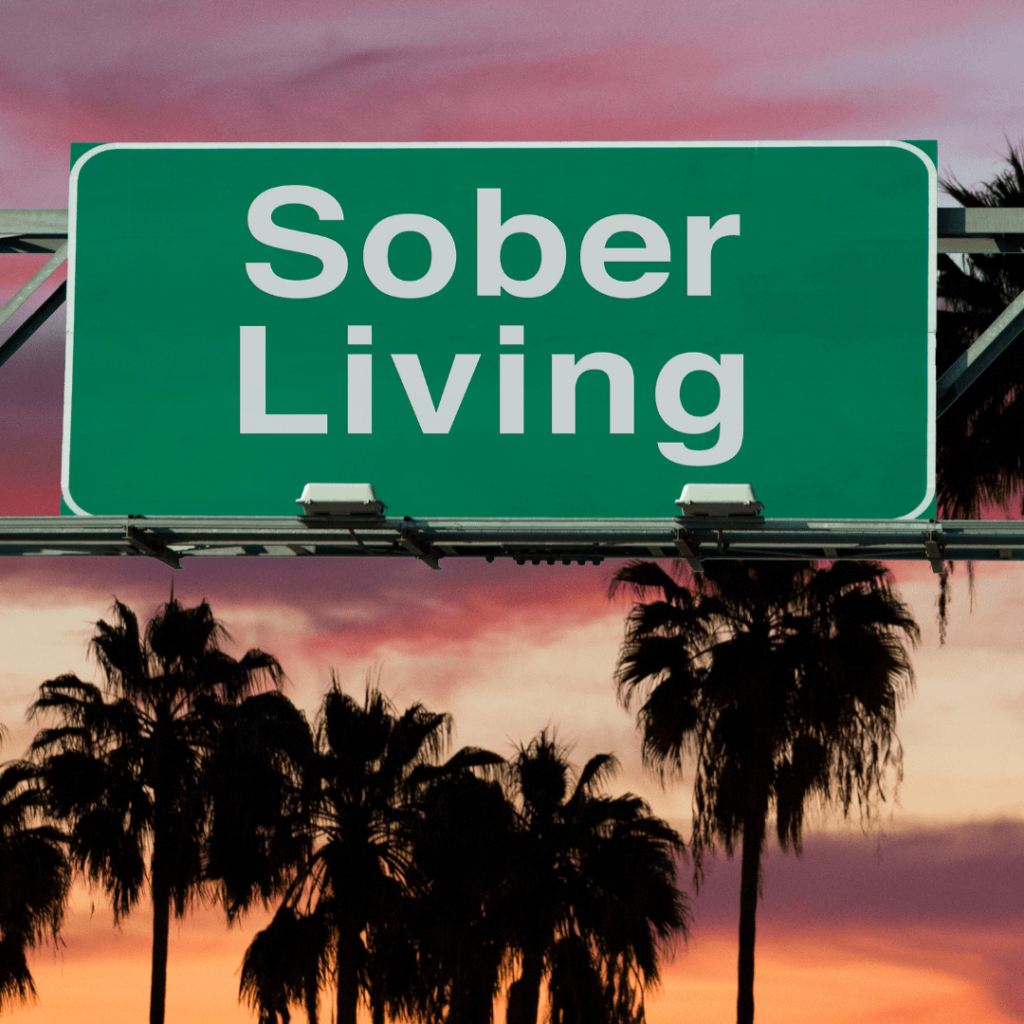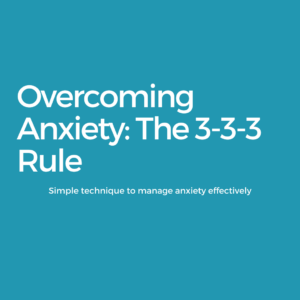Hypnosis for Drinking: Overcoming Self-Sabotaging Behaviors and Bad Habits.
For many people, alcohol is a way to cope with stress or self-sabotaging destructive behaviors, but it can quickly spiral into a habit that’s difficult to break. Hypnosis has been found to be an effective tool for overcoming addiction, including alcohol use. In this blog, we will explore how hypnosis can help you overcome self-sabotaging behaviors and various bad habits related to alcohol use, as well as coping with big stressful life events in a healthier way.
In the 18 years that I have been a practicing hypnotist, I have helped many people end their addiction to alcohol and other bad habits.
In 2021, I made the decision to end my nightly dance with alcohol using hypnosis. I traded that self-sabotaging behavior for new and healthier behaviors: self-hypnosis, meditation, daily walking and bike riding.
Here I am in 26* weather, riding 10 miles and feeling great – alcohol-free!
Overcoming Self-Sabotaging Behaviors and Various Bad Habits with Hypnosis
Many people turn to alcohol as a way to cope with self-sabotaging behaviors such as procrastination, perfectionism, or self-criticism. These behaviors can often lead to a cycle of negative thinking and unhealthy habits, such as excessive drinking. Hypnosis can help people break this cycle by identifying and addressing the underlying issues that contribute to these behaviors. Through hypnosis, individuals can learn how to reprogram their thought patterns and develop healthier coping mechanisms.
Big Stressful Life Events:
Stressful life events such as job loss, divorce, or a death in the family can trigger or exacerbate alcohol use. Hypnosis can help individuals learn how to manage stress and deal with these events in a healthy way, without turning to alcohol. By identifying and addressing the underlying emotions and thoughts that lead to alcohol use, hypnosis can help you develop healthier coping mechanisms and break the cycle of negative behavior.
Similar Coping Mechanisms:
Just as hypnosis can help people overcome self-sabotaging behaviors and develop healthier coping mechanisms, it can also help you identify and address the underlying issues that lead to alcohol use. Many people turn to alcohol as a way to cope with stress, anxiety, or other negative emotions. Through hypnosis, individuals learn alternative ways to cope with these emotions, such as relaxation techniques or mindfulness practices.
Many Different Ways:
Hypnosis can be used in many different ways to help individuals overcome alcohol addiction. Many people benefit from 1:1 hypnosis sessions, which are tailored to their specific needs and goals. I also teach self-hypnosis techniques, which can be used at home to reinforce positive behaviors and overcome negative thought patterns. Hypnosis can also be used in conjunction with other therapies, such as cognitive-behavioral therapy, to provide a comprehensive approach to overcoming addiction.
Conclusion:
Hypnosis can be a powerful tool for individuals struggling with alcohol addiction. By helping them identify and address self-sabotaging behaviors, bad habits, and negative thoughtpatterns, hypnosis can provide a path to recovery that is sustainable and empowering. If you or someone you know is struggling with alcohol addiction, consider incorporating hypnosis for drinking to help break the cycle of negative behavior and develop healthier coping mechanisms.
If you suspect you have a drinking problem and want to find out how YOU can end YOUR dance with drinking, CLICK HERE to schedule your confidential, no-obligation consultation.
** I understand hypnosis does not constitute mental health or medical treatment of any kind and that if I am under the care of a physician or mental health professional, I have discussed hypnosis with them and have received their authorization to participate in hypnosis sessions. A copy of the authorization has been or will be provided to Stephanie Dalfonzo prior to the first session. If my request is of a medical nature, I shall provide a written referral from my physician. I understand and agree that Stephanie Dalfonzo does not diagnose, prescribe or treat anything.





